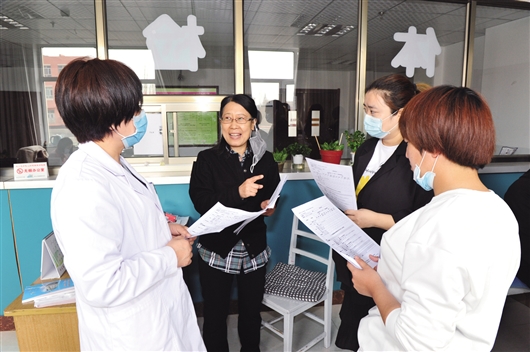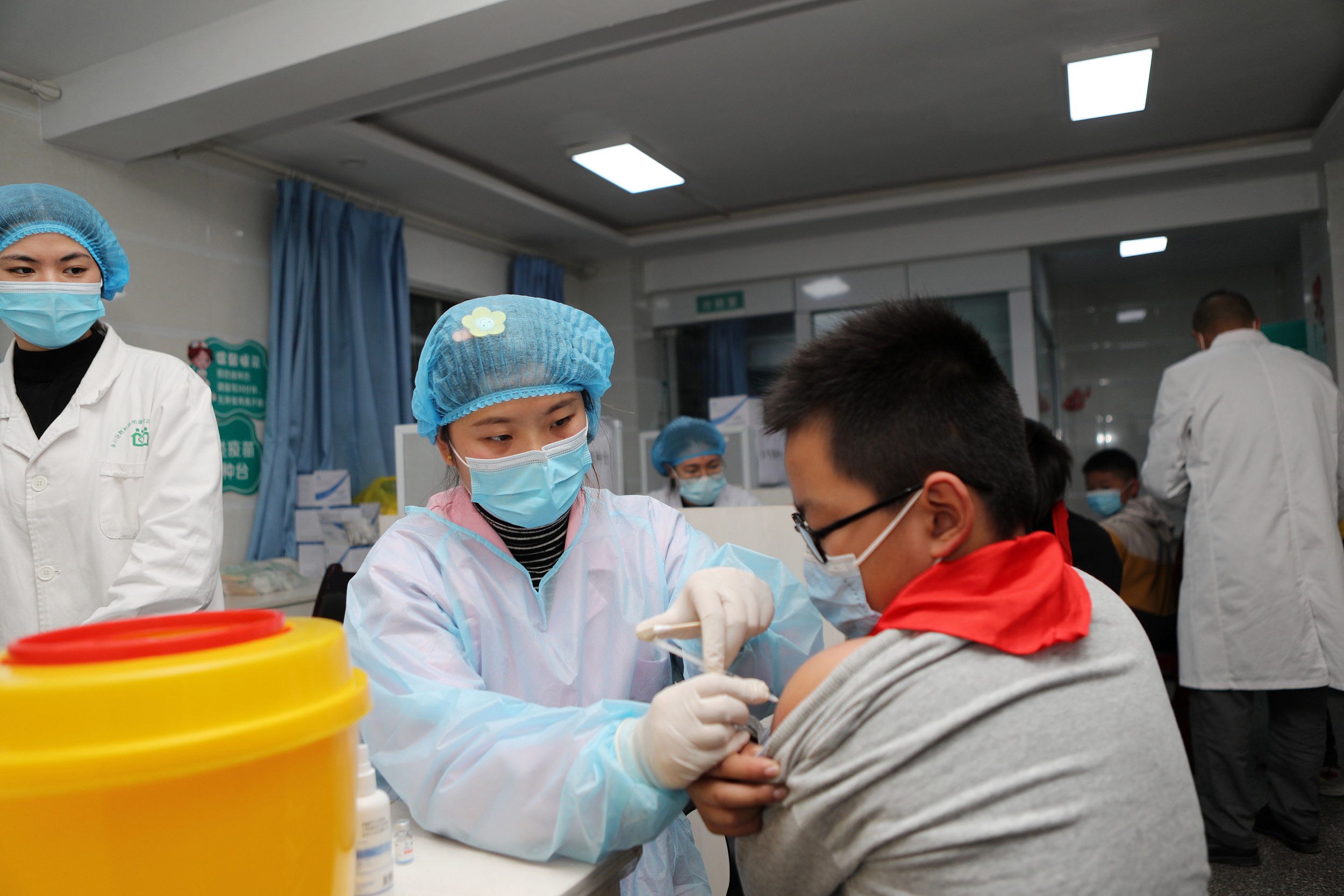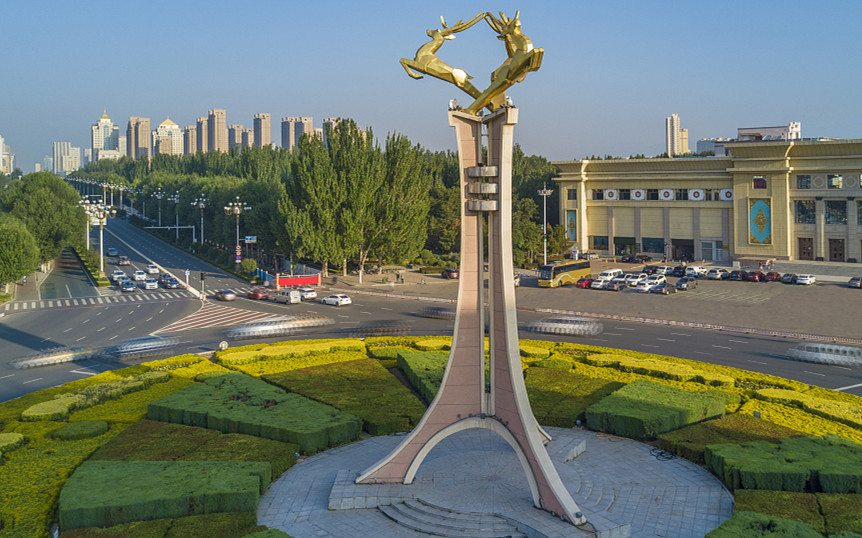N China’s Baotou launches program for stroke screening

Zhang Jingfen (second, left), deputy director of the Department of Neurology of Baotou Center Hospital, talks with medical staff. [Photo/Baotou Evening News]
Baotou -- in North China’s Inner Mongolia autonomous region -- is to carry out a program for a screening and intervention program targeting the high-risk population for stroke, local officials said.
The initiative was launched at ceremony co-hosted by Baotou Center Hospital and Guyang People’s Hospital on April 8, according to a report in the Baotou Evening News.
The program, as one of the major social welfare projects of the National Health Commission, mainly screens people at high risk of stroke who are at least 40 years of age and then actively intervenes to prevent strokes.
The National Health Commission selected several hospitals, with high technical levels and advanced facilities in each province and autonomous region, to be responsible for screening high-risk groups for stroke.
Early interventions such as lifestyle adjustments and drug controls will be conducted with screened high-risk groups screened, to head off future problems.
The Department of Neurology of Baotou Central Hospital is a one of the national front runners -- in scientific research of early diagnosis and intervention, treatment and rehabilitation, onset mechanisms and prevention and control management -- for preventing strokes.
Since being official recognized as a "Stroke Screening and Prevention Base" in 2015, Guyang People's Hospital has established and improved its screening and prevention system.
Officials said it has actively expanded stroke screening and prevention work in Guyang county.





 Sketching and creation tour in Baotou
Sketching and creation tour in Baotou